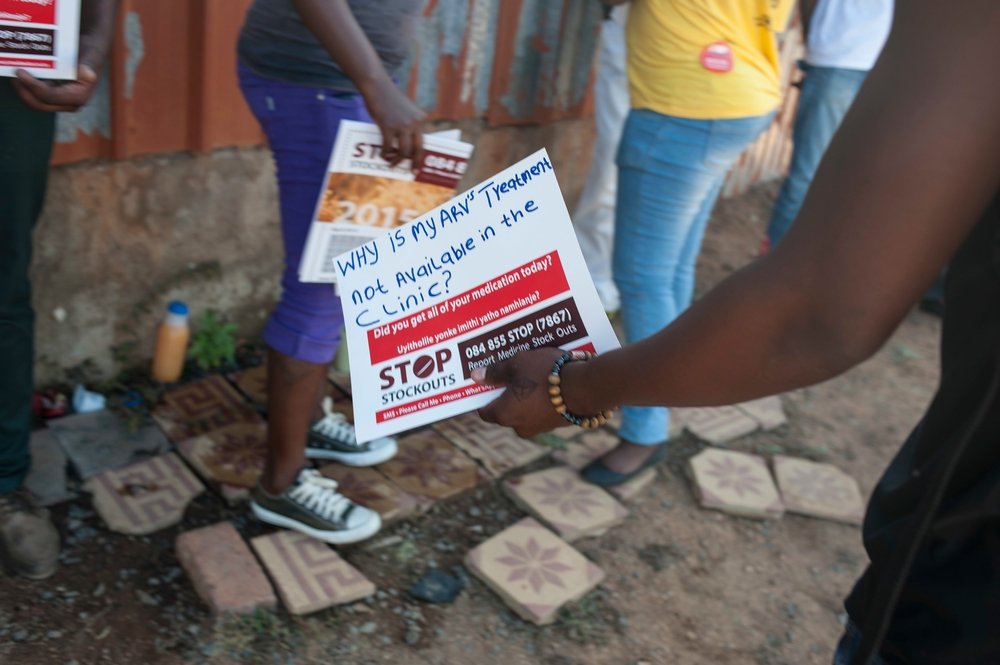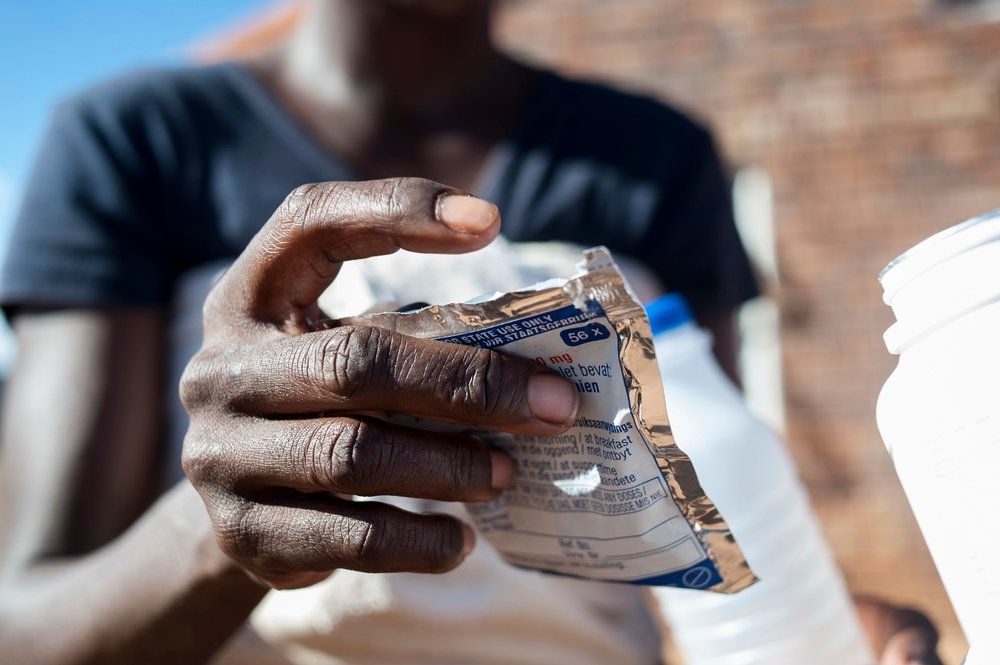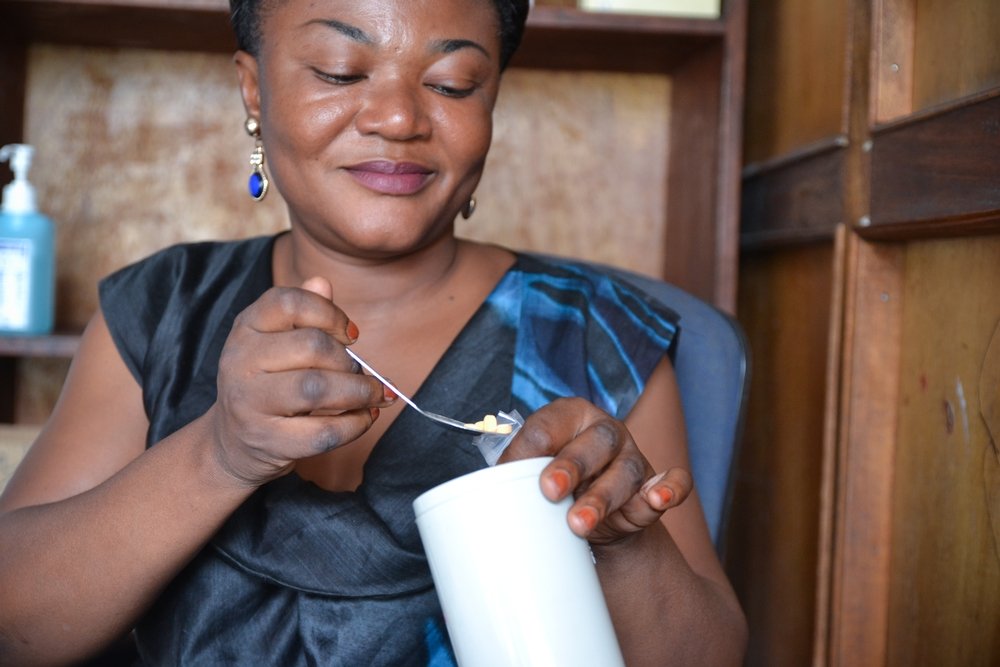
Johannesburg/Harare – The international medical organisation Doctors Without Borders (MSF) today warned that lifesaving antiretroviral medicines (ARVs) are routinely not making their way to patients in sub-Saharan Africa, most often despite sufficient stocks already being present in countries, and called for urgent improvements in ARV supply chains in the region.
A new MSF report released today at the International Conference on Aids and STIs in Africa (ICASA), “Empty Shelves, Come Back Tomorrow –ARV Stock Outs Undermine Efforts to Fight HIV” is based on surveys conducted in South Africa, Mozambique, Malawi and the DRC. It shows that most stock outs are due to the inability of ARV supply chains to ensure last mile delivery: the necessary medicines are available in country but do not reach peripheral clinics because of cumbersome procedures, logistical challenges or lack of resources.
“We cannot fix what we do not see. Most stock outs happen in silence and patients go home empty handed or with suboptimal treatments. National and international shortages of medicines do get donor and government attention, but the availability of medicine in local health centers is not routinely monitored and therefore not acted upon, even though it happens regularly and affects a large number of people”, says Tinne Gils, MSF’s regional pharmacist.
Nationwide surveys conducted two years in a row in South Africa show that between 20 and 25% of local health centers were unable to dispense the complete amount of one or more HIV or TB medication. In 80% of cases, the drugs were available in the country but did not reach the clinic’s pharmacies.

In Kinshasa, Democratic Republic of Congo, 77% of the city’s local health centers surveyed had experienced stock outs of at least one ARV over a period of three months, while in Mozambique 41% out of 17 clinics surveyed in Maputo City and rural Tete province experienced the same.
Malawi is the only case where ARVs regularly reach the last mile, demonstrating that this can be achieved even in a resource-poor setting. However, like the three countries surveyed, Malawi does periodically suffer from acute stock outs due to changes in standard treatment regimens or increased demand for specific drugs.

The report shows that improving medicine delivery to the last mile will require long term commitment from countries and international donors, but it also details simple emergency measures that can quickly decrease the impact of stock outs on patients. For example, people living with HIV in South Africa and Mozambique have started playing a role in monitoring medicine availability at clinic level and alerting central governments of stock outs.
“The system needs to be improved because we cannot fight HIV without medicines. To efficiently protect individuals’ health and decrease HIV transmission in communities, antiretroviral treatment needs to be taken for life, without interruption. But how can patients be expected to remain adherent to their treatment if their medicines are not available when and where they need them?” says Dr Gilles Van Cutsem, MSF’s medical coordinator in South Africa. “Fixing the supply chain until the last mile and measuring access are preconditions for countries to be able to control the emergence of resistance to current antiretroviral treatment, accelerate the fight against HIV and put the epidemic under control”.
In South Africa, the report’s data was collected in collaboration with civil society and based a large nationwide sample of clinics for two years in a row. In Mozambique, Malawi and the DRC the snapshot surveys were done in collaboration with governments.